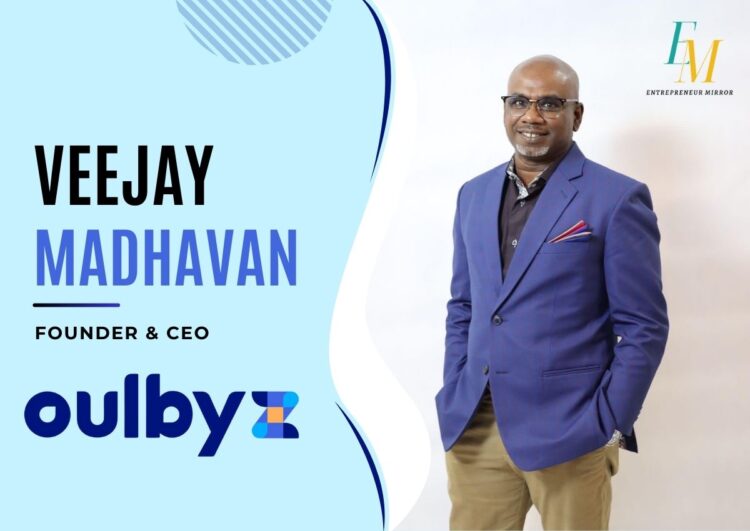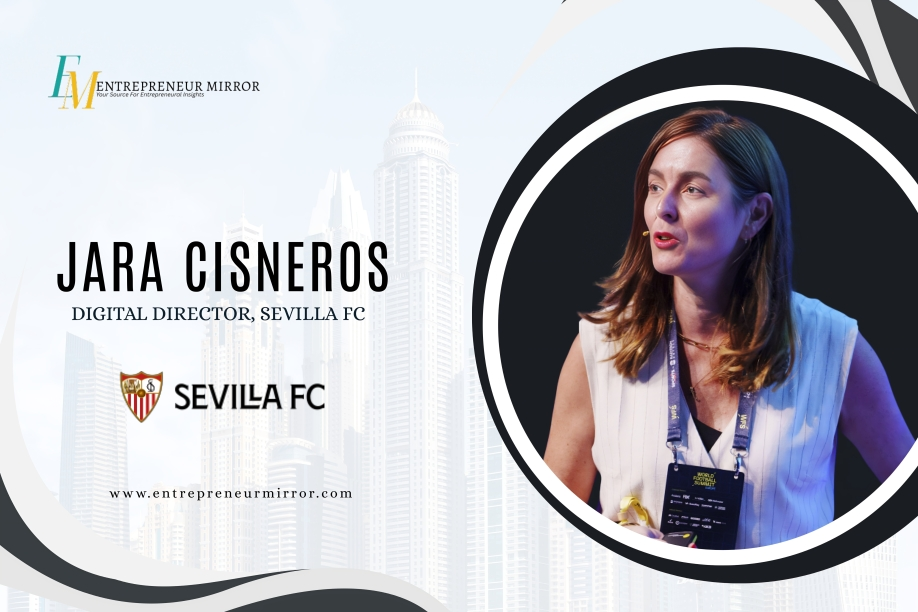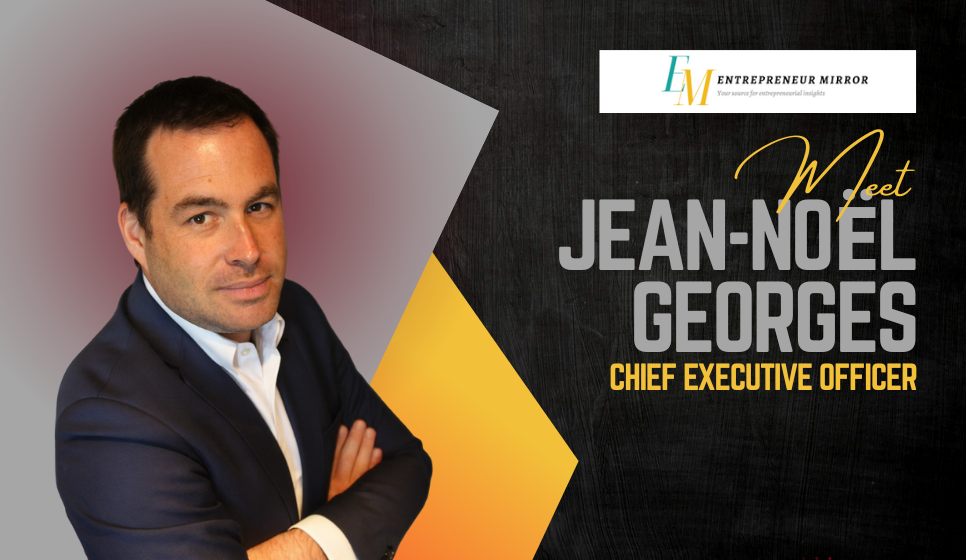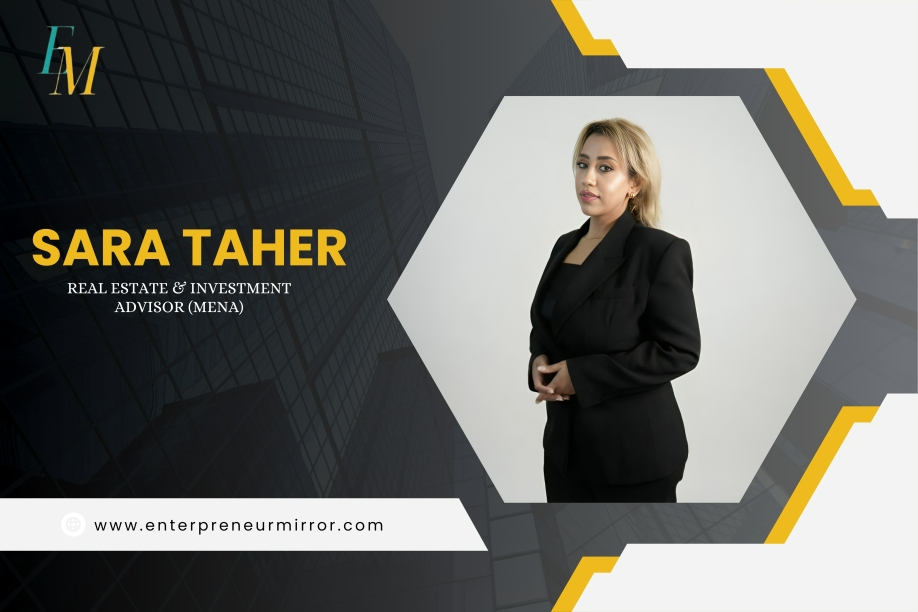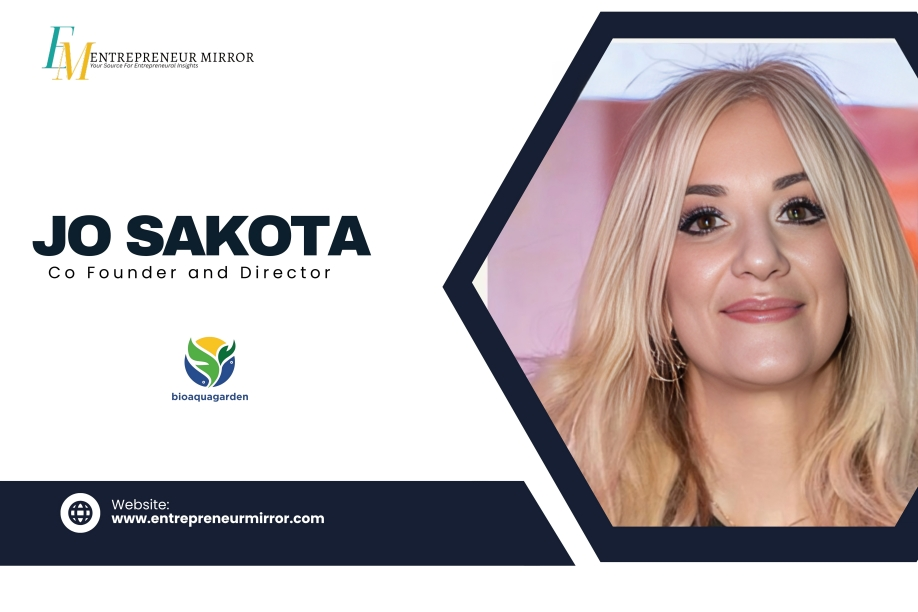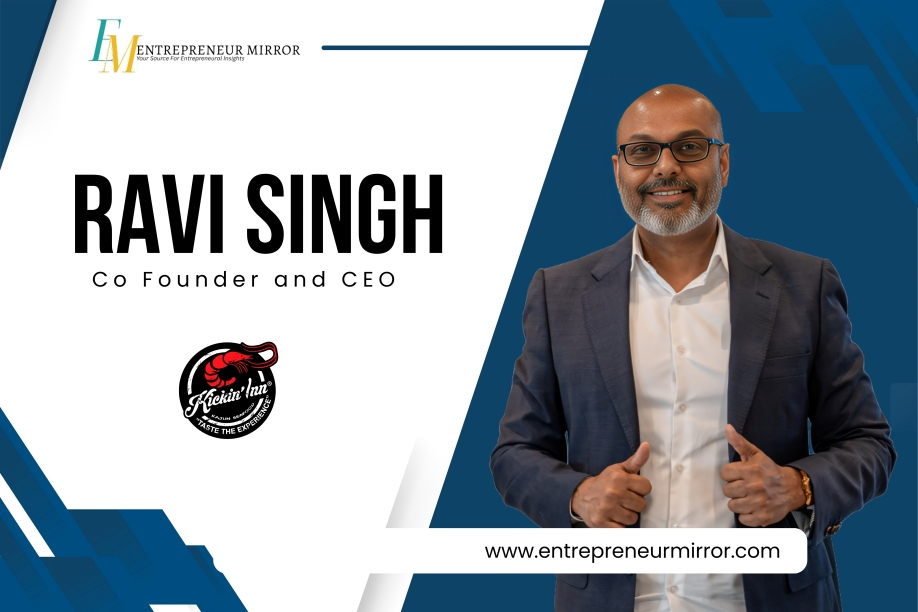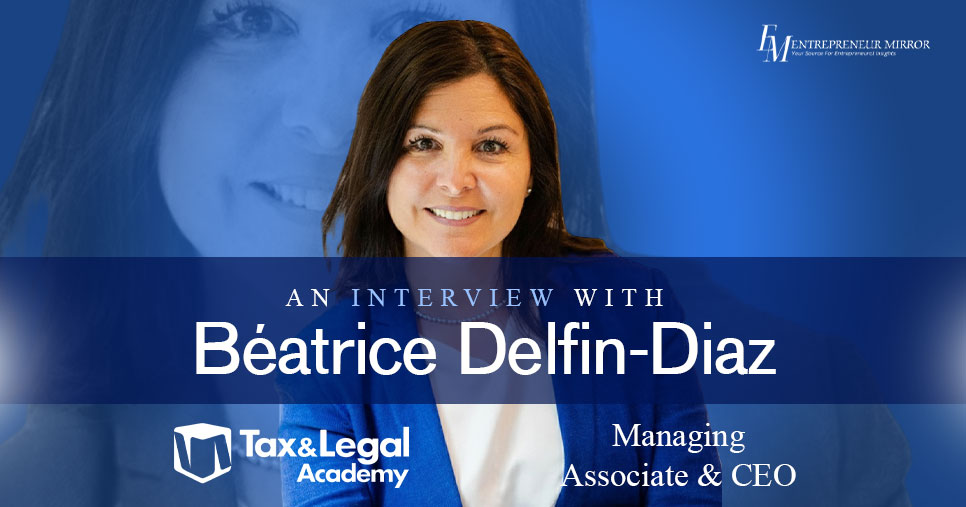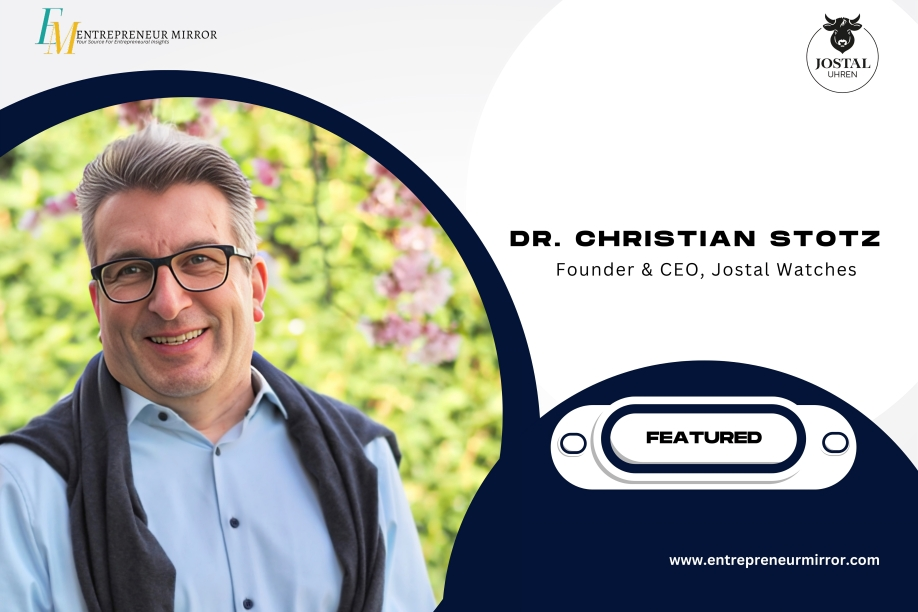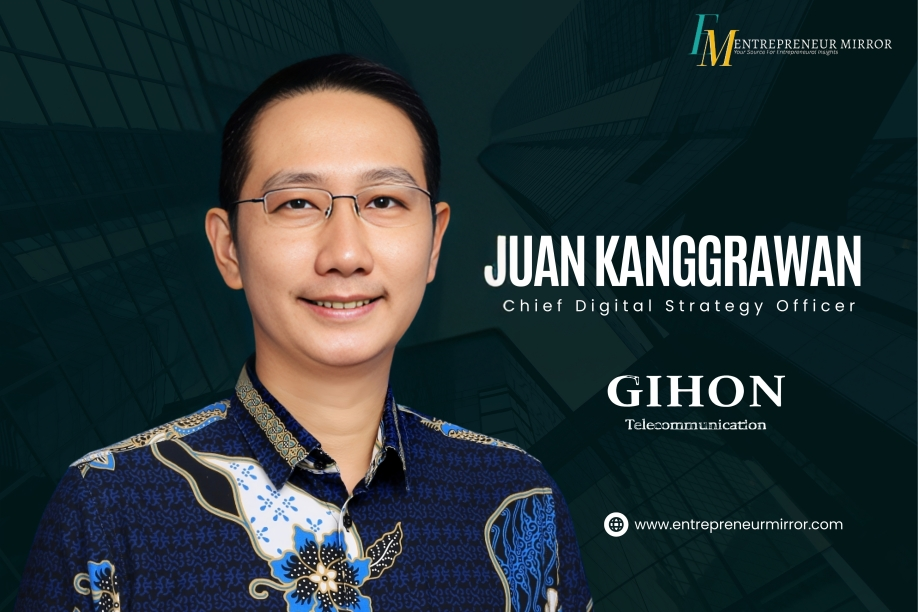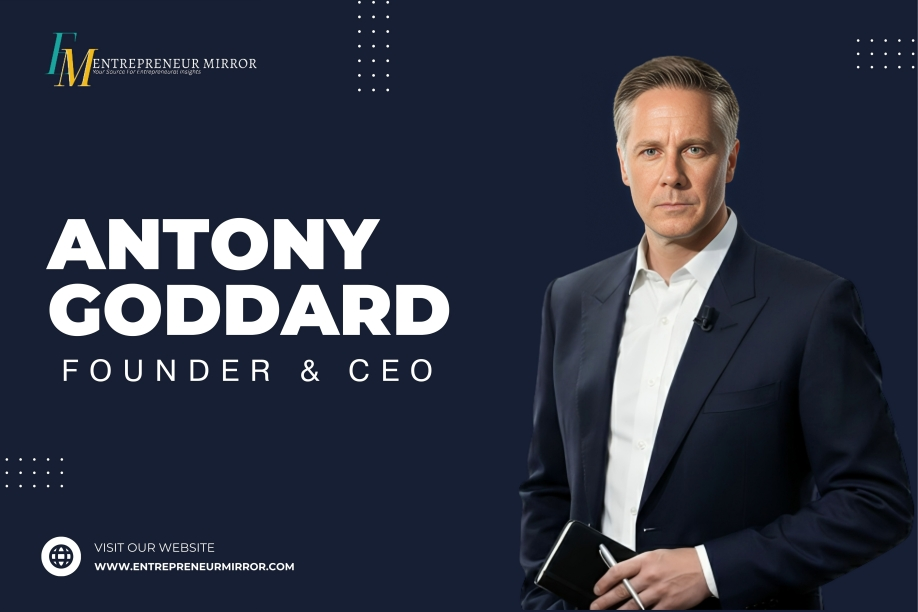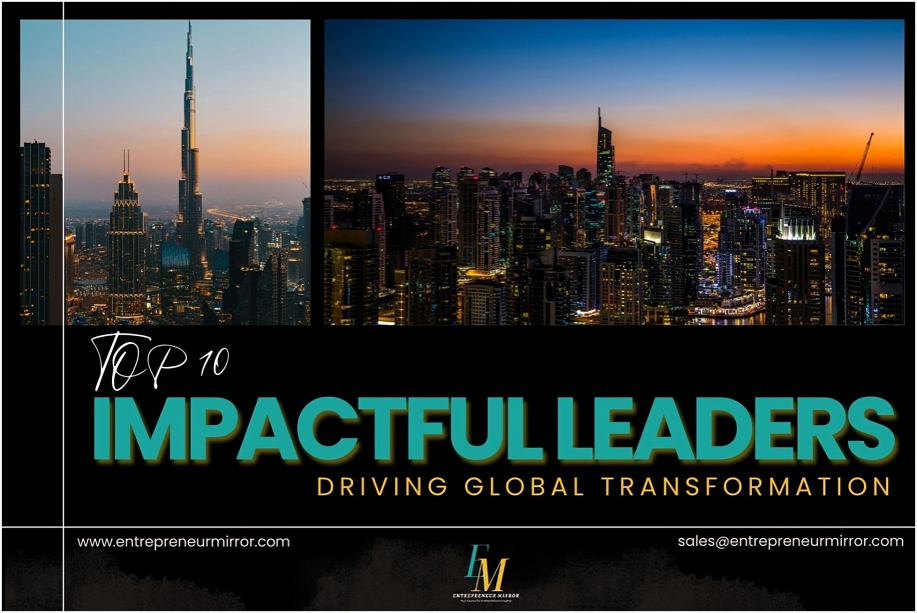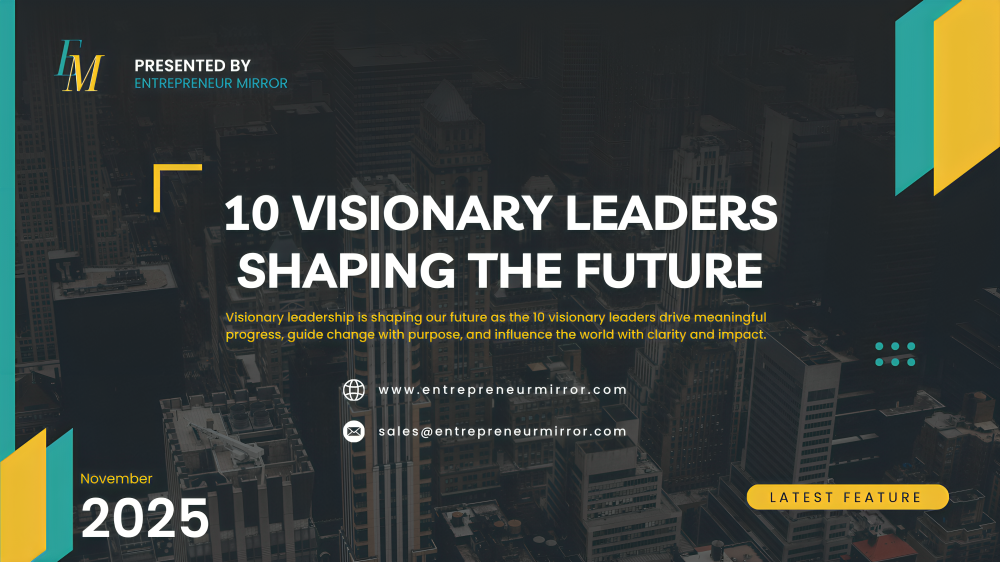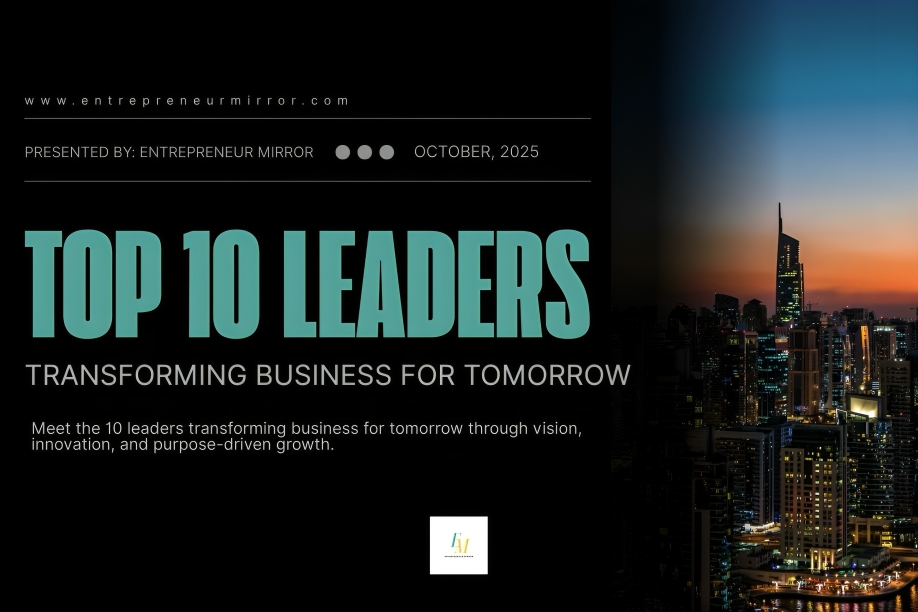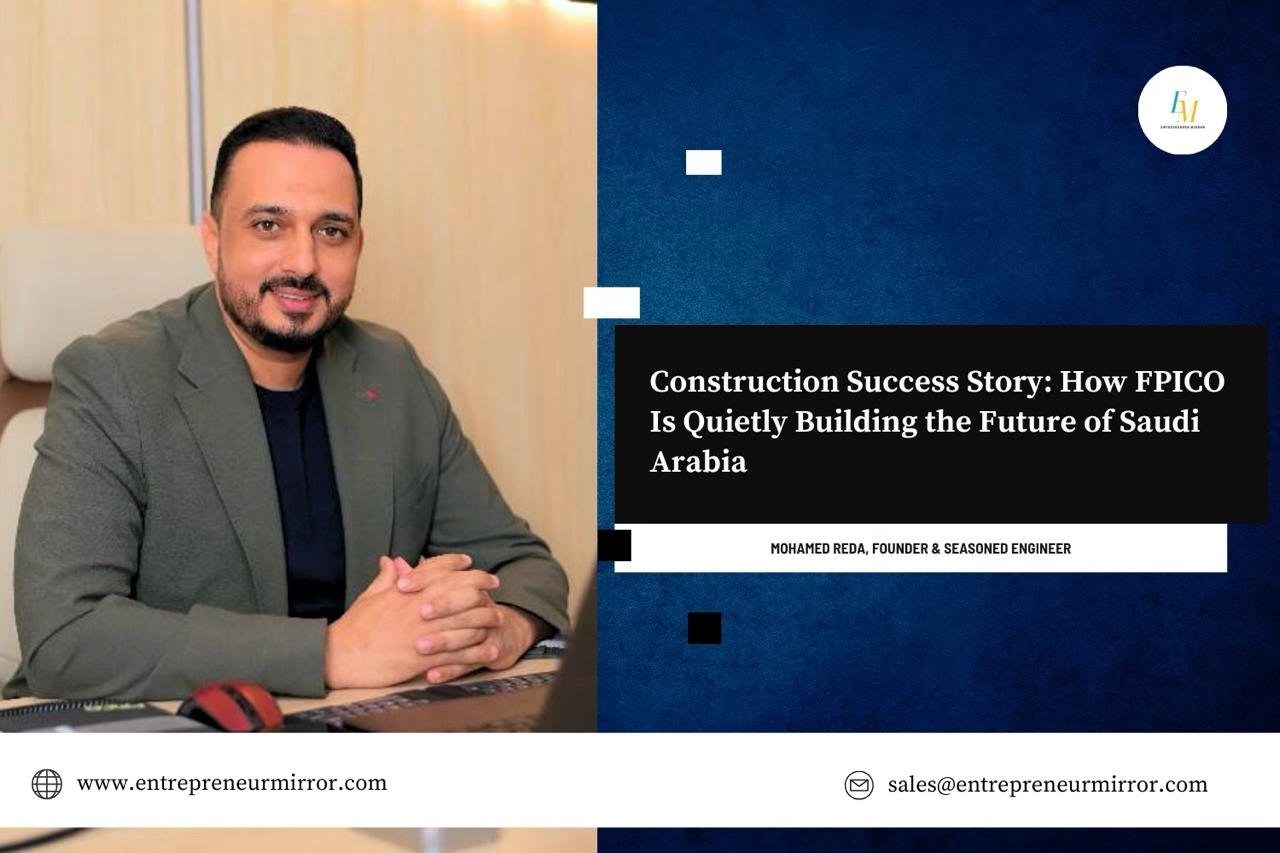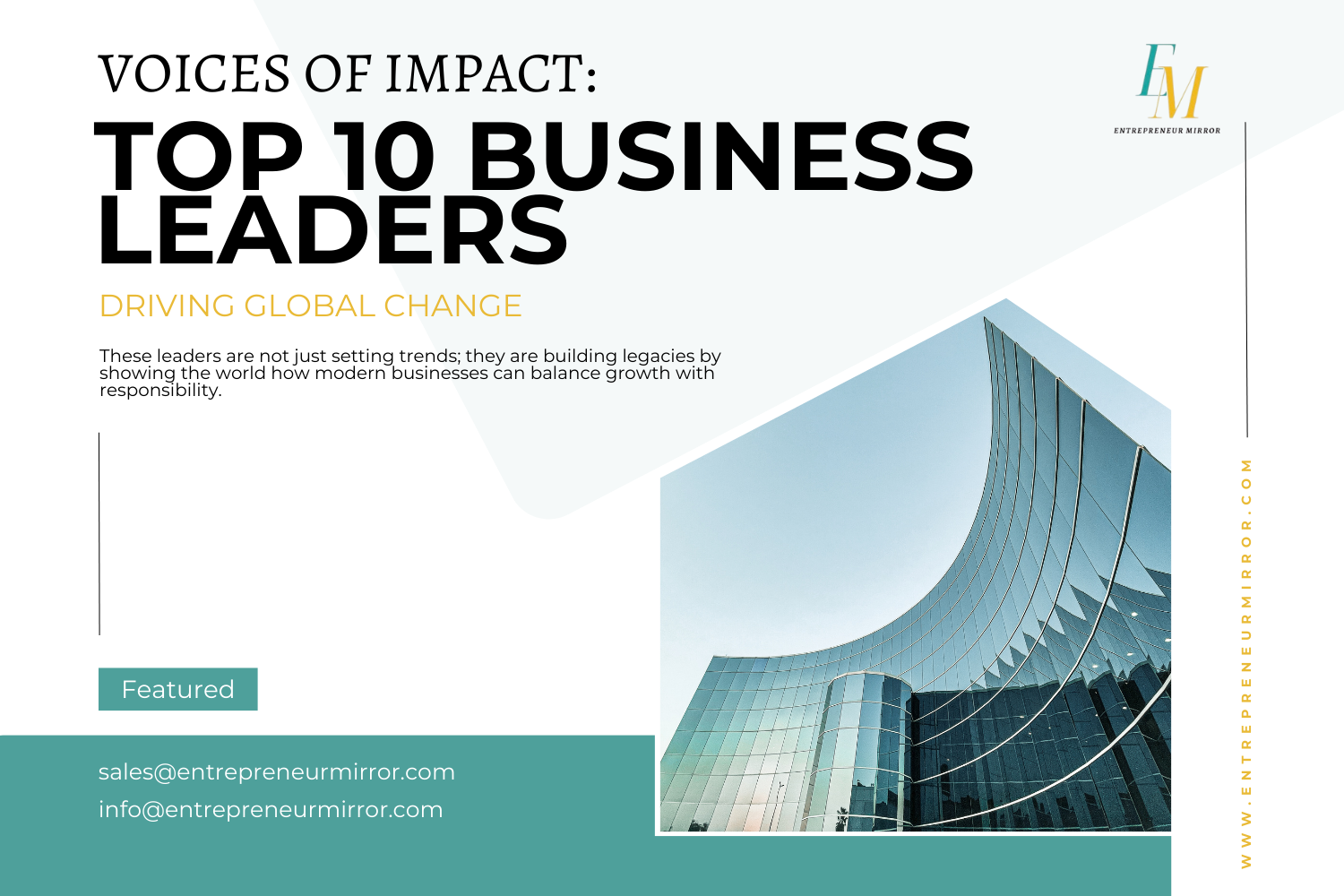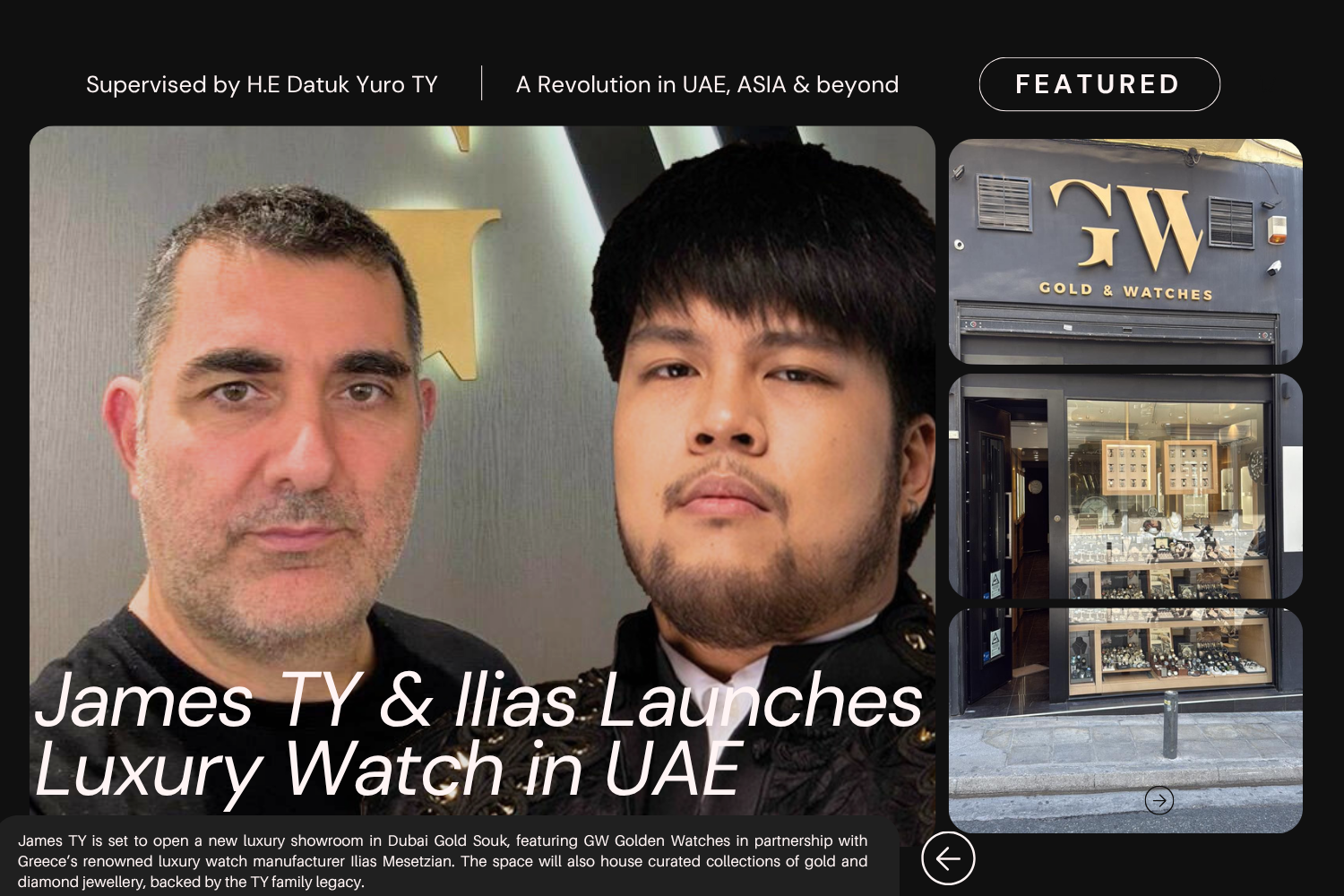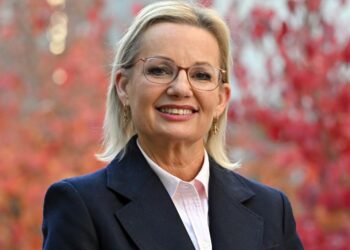We recently had the privilege of interviewing Veejay Madhavan, Founder and CEO of OulbyZ, a company dedicated to helping organizations leverage the strengths of Gen Z and multi-generational teams for sustainable high performance. With over 25 years of experience, Veejay is an expert in strategic management and people strategy, driving sustainable growth through people transformation, executive and team coaching, and people development interventions. His work through OulbyZ empowers Gen Z and multigenerational teams with innovative approaches, while also advising and mentoring C-suite leaders across ASEAN and the Middle East since 2022.
In addition to his impressive career, he is currently pursuing a doctoral degree at Golden Gate University, focusing on the impact of Gen Z and Generative AI on a multigenerational workforce. Recognized for outstanding leadership for learning and education, OulbyZ was featured on Silicon India’s ’20 Most Promising Companies in APAC’ list. In this insightful interview, Veejay Madhavan shares his vision for Generation Z youth and their potential in a multigenerational workspace, along with highlighting his remarkable career journey.
The Beginning
We started the interview by asking, “Can you walk us through your professional journey and how it led to where you are today?”
Veejay Madhavan shared, “After 25 years in the corporate world, climbing the ladder from middle manager to CEO, the 2020 pandemic made me pause and reevaluate my priorities. Being separated from my family and needing to focus on my physical and mental well-being made me realize that being a CEO wasn’t everything in life. Instead, I wanted to be the CEO of my own life.
Leaving the corporate world behind, I founded OulbyZ, a company with a mission to empower Generation Z—the future workforce—and bridge the gap between generations in the workplace. My journey across leadership roles in five countries and deep involvement in ASEAN operations allowed me to develop sustainable models that support Gen Z and foster collaboration in a multigenerational workforce. OulbyZ, which stands for ‘Own Your Life, Be Your Zing,’ embodies my mission to help individuals take control of their futures and thrive.
Now, I am committed to guiding this misunderstood yet promising generation, partnering with businesses to help their people across all generations unlock their potential. Together, we are turning the world into our playground..”
Overcoming Major Adversities
Challenges are an inevitable part of every business. To learn how Veejay Madhavan deals with the same, we asked, “Reflecting on your career, what have been some of the most significant challenges you’ve faced, and how did you overcome them?”
Veejay Madhavan shared, “Authenticity in communication is key, especially when working across different countries with diverse cultures and structures. The biggest challenge for me has always been adapting and effectively conveying messages. In recent years, I’ve noticed that senior leaders are expected to communicate more transparently and show vulnerability. Gone are the days when leaders could use their authority to ‘shut’ conversations down and avoid being open. Now, with a workforce that includes multiple generations, it’s imperative for leaders to not only be willing to explain their decisions but also to adjust their communication styles to encourage meaningful dialogue and connection.
For me, effective leadership communication requires adaptability and tailoring my message to my audience. When working with seasoned staff, explaining the ‘why’ behind a decision is crucial, whereas young employees need clarity on the ‘what’ and ‘how.’ Through trial and error, I’ve learned that authenticity is vital in communication. Being genuine and adaptable ensures my message resonates. Additionally, as leaders, we must remember that every viewpoint, no matter how small, deserves to be heard. Most people listen just to respond, but very few truly listen to understand. We must take the time to clarify concepts and ensure everyone is on the same page. By comparing apples to apples, we foster greater understanding and connection. In my experience, adjusting my approach has allowed me to refine my communication style, ultimately driving engagement and results.”
Current Offerings At OulbyZ
We further asked, “Tell us more about your company and your visions for the future.”
“As a father to a Gen Z daughter, I realized the immense significance of preparing the workforce for her generation. By 2025, one in four employees in the Asia Pacific region will be Gen Z. Through my corporate experience and research, I identified blind spots in companies’ understanding of this digital native generation.
Within Gen Z, I discovered subcultures based on birth years, influencing their views on work, technology, social issues, and personal interests. Early Gen Zers prioritize work ethic, while later Gen Zers value flexibility, social impact, and pursuing passions outside work.
To address these challenges and opportunities, I established my management practice, OulbyZ, with the mantra ‘Own Your Life, Be Your Zing.’ Its purpose is twofold: empowering Gen Z and helping other generations adapt, mentor, and integrate them into their organizations, fostering a harmonious and innovative work environment.” Veejay shared.

Spark Behind The Journey
Eager to learn more about the factors that influenced Veejay to start working with Gen Z, we inquired, “What inspired you to work with Gen Z and what was the starting point when you thought that you had to do this?”
Veejay Madhavan shared, “In 2017, while I was rebuilding a business in Cambodia, I discovered the incredible power of social media to connect with my Gen Z employees, who made up 80% of my team. I created social media accounts specifically to communicate with my team, finding that they responded more actively through these platforms. To better understand Gen Z, I hired management trainees and worked closely with them, discovering their curiosity, restlessness, and desire for new experiences. This led me to create flexible career paths and opportunities tailored to their needs.
Contrary to concerns about Gen Z’s tendency to switch jobs, I found that with the right guidance, they excel. This realization sparked my doctoral research on Gen Z in the Asia Pacific and inspired me to establish a business focused on helping young people navigate the complexities of modern work environments and find their authentic selves amidst digital noise.
My mission is not only to clear the clutter and show them possibilities but also to help Gen Z understand the broader value of their work. Many companies spend substantial sums on strategic solutions, but often the answers are already within reach—what I call the ‘low-hanging fruit’ approach. Often, solutions are right in front of us, but they get overlooked as we rush to invest in new strategies. The default approach tends to be firefighting through issues rather than addressing the root causes.
Through coaching, mentoring, consulting, and research, I work with leaders, teams, and Gen Zs to uncover these solutions and help them make informed decisions. My role is to guide them in finding what works best for them, drawing from my own experiences, doctoral research, and everyday interactions with people across all generations..”
Embracing Technological Advancements
To stay ahead of the curve, businesses must embrace tech-driven changes. We asked, “What are your views on the current digital technology and transformation that’s going on in the business world?
“As a strategist, I must emphasize the critical nature of technological disruption, particularly the profound impact of generative AI. The certainty of this change is as clear as the inevitability of dawn after nightfall. However, AI’s purpose is to augment human capabilities, not replace them. Effective implementation requires change management, not just adopting the latest technology.
I believe the essence of successfully harnessing AI lies in its symbiotic relationship with human insight and decision-making. To achieve outcomes that genuinely transform operations and propel organizations forward, leaders must meticulously define their objectives with AI, critically assess their current standing, and then deploy these tools with precision and strategic foresight.
From my coaching and consulting experience, and my doctoral research, I have observed a recurring theme: an overwhelming majority—nine out of ten—of unsuccessful AI projects, or any project for that matter, can be traced back to an oversight in managing the human aspect of change.
Leaders must acknowledge that individuals are at the core of this technological evolution. Their preparedness to incorporate AI into their workflows is crucial; without it, even the most advanced solutions become ineffective. Resistance or scepticism towards these changes can lead to the failure of these initiatives.” He replied.
Employee Empowerment
To learn more about the strategies adopted by Veejay Madhavan to ensure better employee experiences, we asked, “What strategies do you implement to maintain high levels of employee engagement and satisfaction?”
Veejay Madhavan shared, “In my practice, I dive deep into assessing an organization’s readiness for change by conducting short, immersive programs for senior and middle managers. These programs offer invaluable insights into how teams truly align with change, not just on paper, but in real-world scenarios.
While many companies invest heavily in personality profiling—tools that, though useful, often fall short in demonstrating practical application—I take a different approach. I design straightforward, immersive workshops where teams tackle real-life problems. This hands-on experience reveals each team member’s unique style and how they communicate and navigate challenges based on their personality traits.
Leaders are often taken aback by the disparities between internal engagement scores and actual sentiments expressed during our programs. As one leader remarked, ‘Our engagement scores showed high connectivity, but your program revealed a different reality.’ By uncovering genuine employee sentiments, I empower leaders to triangulate to make more robust, data-driven decisions about change management. The goal is not just to understand individual personalities but to foster authentic communication practices that drive effective teamwork and help organizations navigate change successfully.” Veejay added.
Leadership In A Changing Workforce
To learn more about the leadership approach adopted by Veejay, we asked, “Can you please share your leadership approach?”
Veejay Madhavan responded, “Being a leader today is more challenging than ever. The workforce is increasingly divided—older workers may be less enthusiastic, while younger workers are often overly enthusiastic. This means that strategies can’t be static; they need to evolve continuously.
Performance measurement also needs a rethink. Current KPIs often focus on business-as-usual (BAU) metrics, but I believe we should prioritize business growth. Business needs clear, meaningful measures, not a clutter of objectives that lead to chaos. The basis for employment and performance should be different. Trying to measure the basic reasons we come to work can create unnecessary complexity and confusion.”
Veejay Madhavan added, “I believe in a process where we sit down, agree on what needs to be done, go through a detailed process, and have candid conversations. I tell the truth, even if it’s hard to hear, and that must be the premise why they engage me—to facilitate their strong desire and demonstrable intent to take their organization to another level. There are clients I have to say no to because I can’t change them—the change must come from within. If they are doing well, they don’t need me because I’m not here to create change they can achieve independently. I want to co-create transformative change in partnership with my clients.
My job and purpose are to transfer the right skills to the people within an organization, bringing teams together and sustainably driving high performance. I’m not there as a consultant to do the work for them but to work alongside them so they can learn to do it themselves. This is where I believe Oulbyz operates in a white yet niche space to develop teams that sustain high performance through their creative and critical thinking skills..”
The Problem with Meetings
We asked, “What is your notion of endless meetings held in a company?”
Veejay Madhavan shared, “Death by meetings—that’s what I call it. Endless meetings can stifle productivity and morale. Instead, I believe the future of leadership lies in demonstrating humility, vulnerability, and curiosity. By embracing these qualities, leaders can create a culture prioritizing meaningful interactions over endless meetings, enhancing productivity and boosting morale. It’s about leading with empathy and understanding, recognizing that the true strength of an organization lies in its people.”
Challenges of Leading a Multigenerational Workforce
Leading a team with multigenerational members is quite a challenging task. We asked, “What is your perspective on dealing with a multigenerational team?”
Veejay Madhavan replied, “Our research has highlighted two critical issues: First, while it’s heartening to see young leaders ascending the corporate ladder, a staggering 90 percent are not equipped to lead effectively in a multigenerational world. Second, many employees are eager to work for companies committed to change, but they actively screen their leaders before joining.
They want to know who their leaders are, not just what they do. Even if the compensation is attractive, young people will leave if they discover their leader is toxic. It’s a matter of survival—they understand they cannot thrive under a leader who makes their work life difficult. This is why, if you want to build your brand, it must be grounded in who you are.
There’s a common misconception that training alone will solve these leadership challenges. While training can address some aspects of the problem, it only scratches the surface. A multifaceted approach is necessary, incorporating elements like coaching and mentorship to ensure leaders are truly prepared to navigate the complexities of a diverse workforce.”
Looking Ahead
We ended the interview by asking, “How do you want your business to be remembered, and what steps are you taking to secure that legacy?”
Veejay Madhavan concluded, “More than leaving a legacy, I focus on the impact I make. In the next 3-5 years, I plan to expand my team with a strong emphasis on Gen Z talent and even the emerging Generation Alpha. I want to be remembered for the positive differences I’ve made through my research and practical work in leadership and organizational development. My goal is to build a practice that is not only led by young leaders but also empowered by them. They will create their legacies.
With proper guidance, these new generations can achieve far more than many expect. They bring fresh perspectives and innovative ideas that can drive meaningful change in organizations. By creating an environment where they can thrive, we will foster a culture of collaboration and creativity.
In addition to traditional training, I aim to incorporate immersive workshops and coaching to help these young leaders navigate real-life challenges, enhancing their communication and problem-solving skills. Together, we will work to build brands that reflect authentic leadership and cultivate a workplace where all generations can contribute and grow. My mission is to clear the clutter, showcase possibilities, and empower the next generation of leaders to make informed decisions that shape the future of business.
Follow Veejay Madhavan on LinkedIn.
Find OulbyZ Consulting on LinkedIn and visit their website https://www.oulbyz.com/
Also Read :-
Powering Progress In The Energy Sector With Energetica: Zaki Nashif

